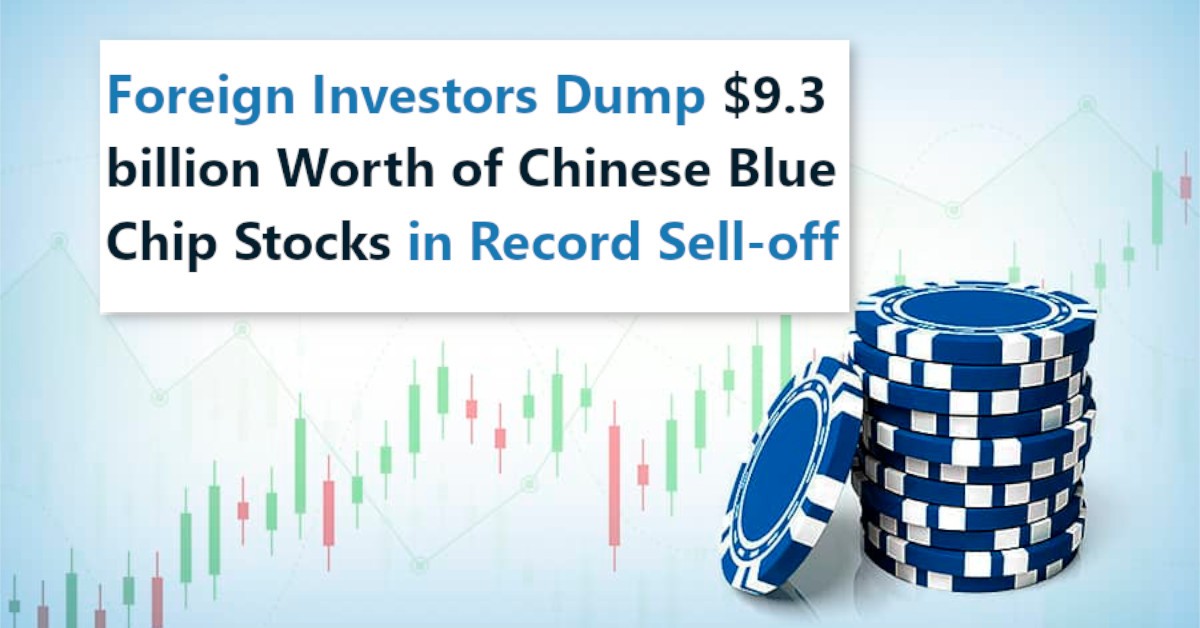International investors are divesting from China's prominent stocks in an unprecedented selling spree.
Between August 7 and 18, foreign investors offloaded 6.2 billion yuan (approximately S$1.17 billion) worth of shares in Kweichow Moutai, China's largest producer of liquor. This marked the most substantial sell-off via trading links with Hong Kong.
Subsequently, there was a sell-off of 4.7 billion yuan each for LONGi Green Energy Technology, a prominent renewable energy company, and China Merchants Bank, a major financial institution, according to the most recent data available on Bloomberg.
Global funds have been fleeing from the mainland market, selling off a total of US$9.3 billion over twelve consecutive days up to Tuesday. This marks the lengthiest period of withdrawals since Bloomberg began monitoring this data in 2016. This trend comes as an enduring housing market downturn raises concerns about potential widespread financial repercussions. Consequently, China's equity benchmark has performed poorly this month, experiencing a 7 percent loss and placing it among the weakest global performers.
The CSI 300 Index is presently trading close to its lowest point since November, as the enthusiasm that followed the July Politburo meeting has swiftly dissipated. During that prior instance, foreign investors had flooded into the market, only to now exit en masse due to consistent underwhelming economic data and ineffective stimulus efforts.
Notably, the ten most heavily sold stocks by foreign investors during this recent market decline were all within the list of the top 50 companies listed on the CSI 300. Prominent distiller Wuliangye Yibin, Ping An Insurance Group of China, and electric vehicle manufacturer BYD all witnessed divestment of at least 2.9 billion yuan each through August 18.
The ongoing selling trend appears to be continuing unabated, with overseas funds shedding over 6 billion yuan once again as of mid-Wednesday. A high-performing Chinese macro hedge fund attributed the decline in China's stock market to international capital, labeling them as "directionless entities" that provoke market instability. Nevertheless, it's worth noting that foreign funds only hold less than 4 percent of the total outstanding A-shares, as reported this month by China International Capital.


















